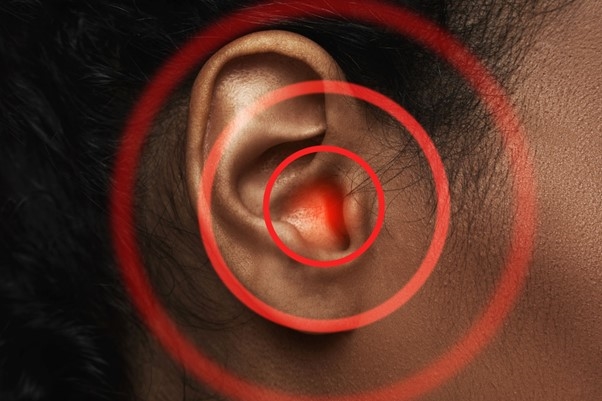
Noise at work can cause hearing loss that can be either temporary or permanent. People often experience temporary deafness after leaving a noisy place. An easy example of this might be after leaving a concert where your hearing sounds muffled.
Although a person’s hearing can recover within a few hours, this should not be ignored. It is a sign that, if you continue to be exposed to noise, your hearing could be permanently damaged.
Many jobs are known to have noisy tasks, for example, construction, woodworking, engineering and recycling. Noise is part of everyday life, but too much noise can cause permanent and disabling hearing damage.
Permanent hearing damage can be caused immediately by sudden, extremely loud noises, for example from an explosion in a quarry, a gun firing or from cartridge-operated machinery.
Measuring Noise
Noise is measured in decibels (dB) and is recorded in different ways.
An 'A-weighting' reading, sometimes written as 'dB(A)', is used to measure average noise levels, whilst a 'C-weighting' reading or 'dB(C)' is used to measure peak, impact or explosive noises.
What does a change in a noise reading actually mean?
If you listen carefully, you might just about notice a 3dB change in noise level. This is because of the way our ears work. Yet every 3dB of noise increase actually doubles the noise level, so what might seem like small differences in the numbers can be quite significant to the effect it is having on your hearing.